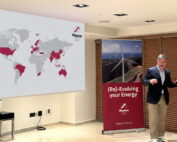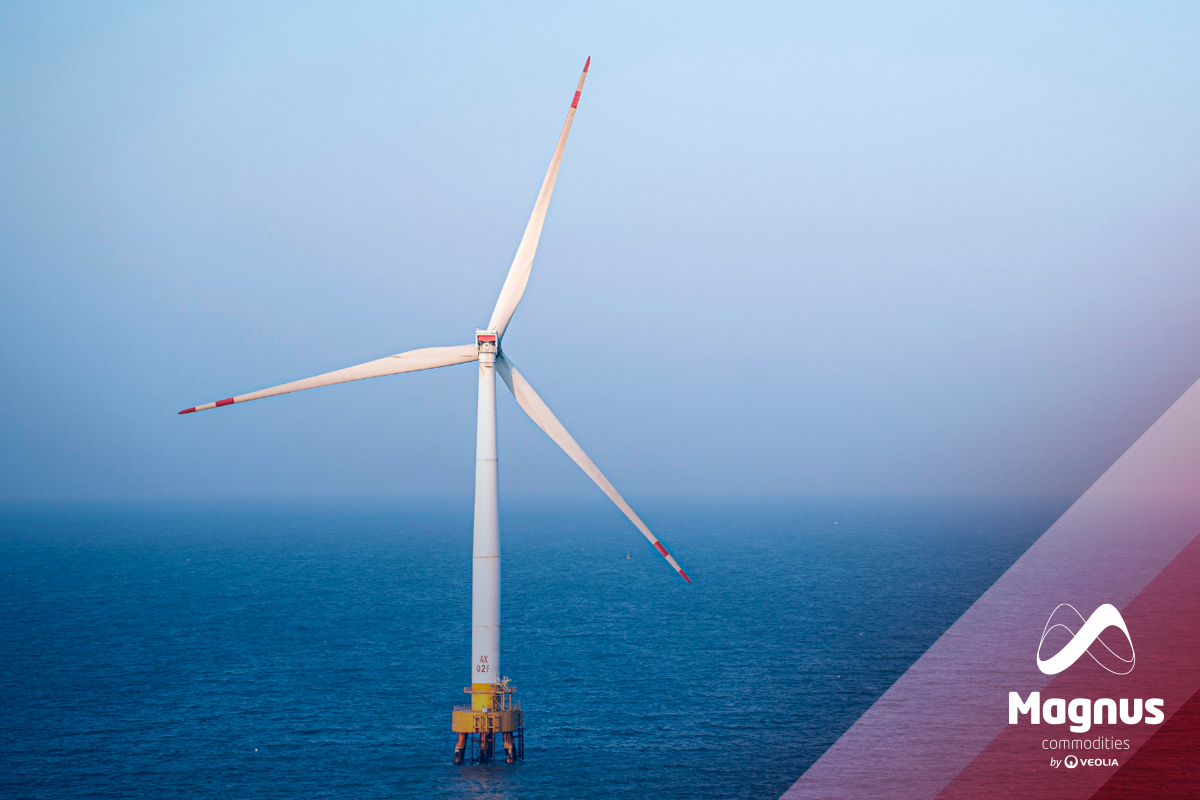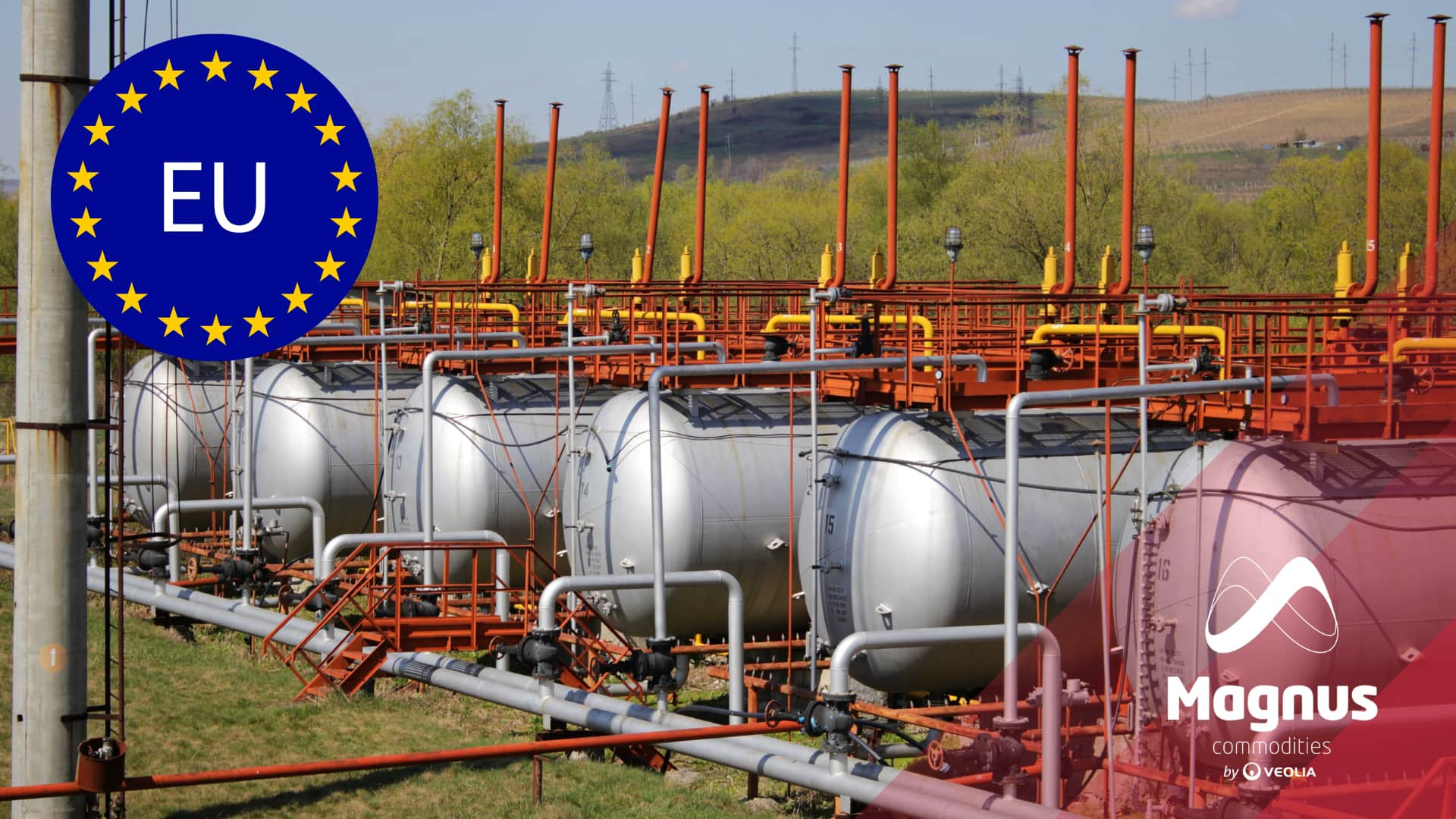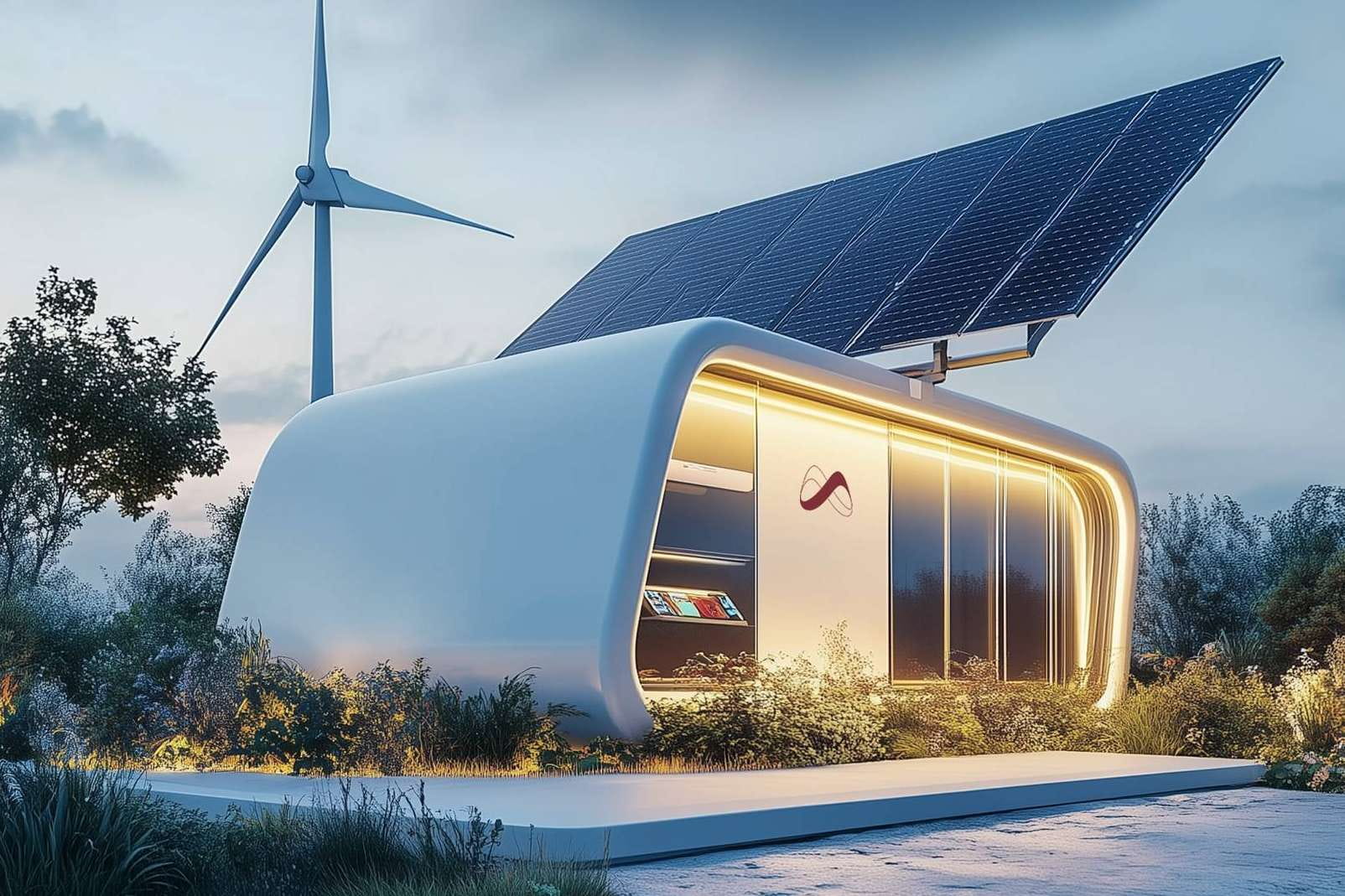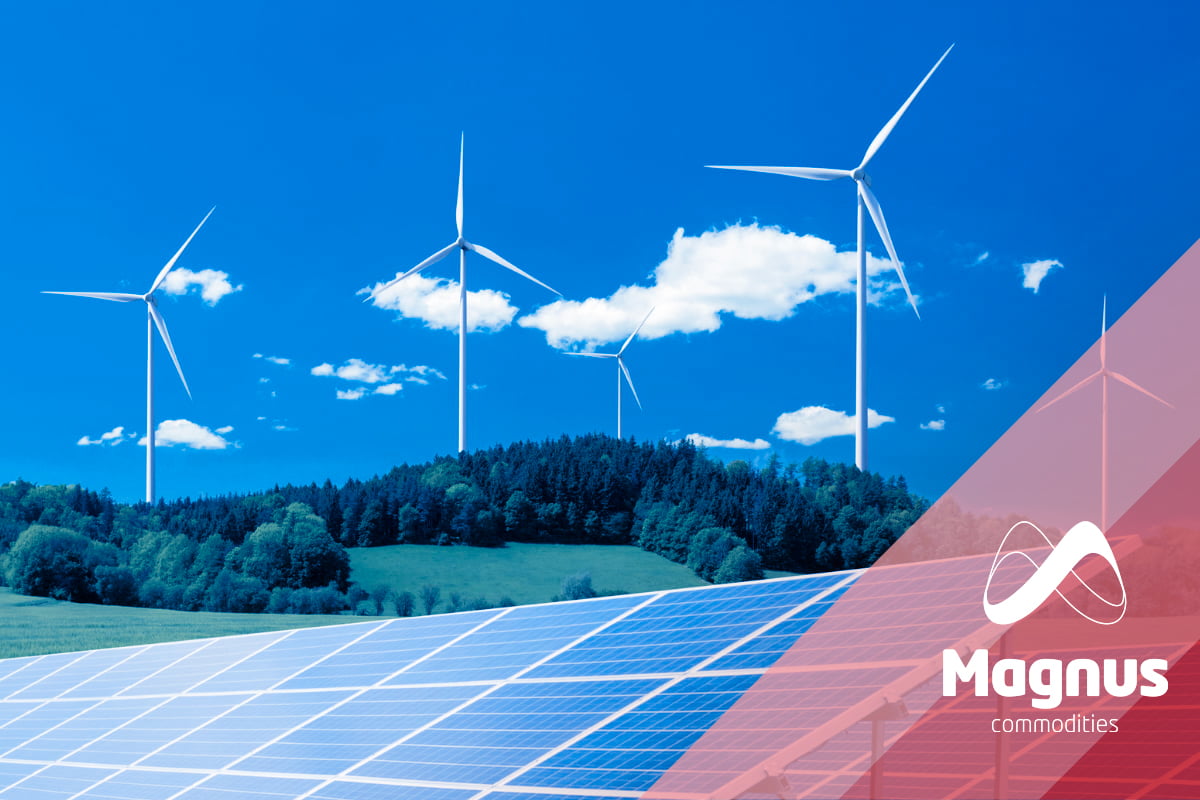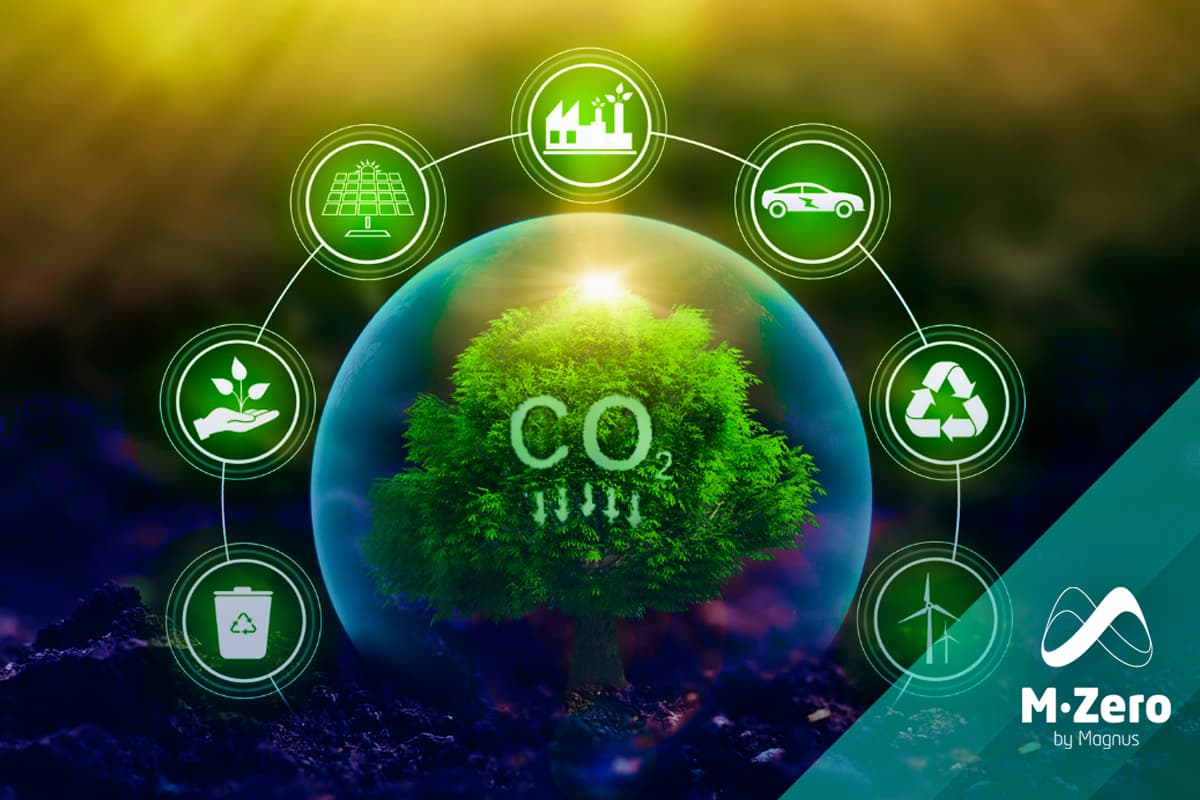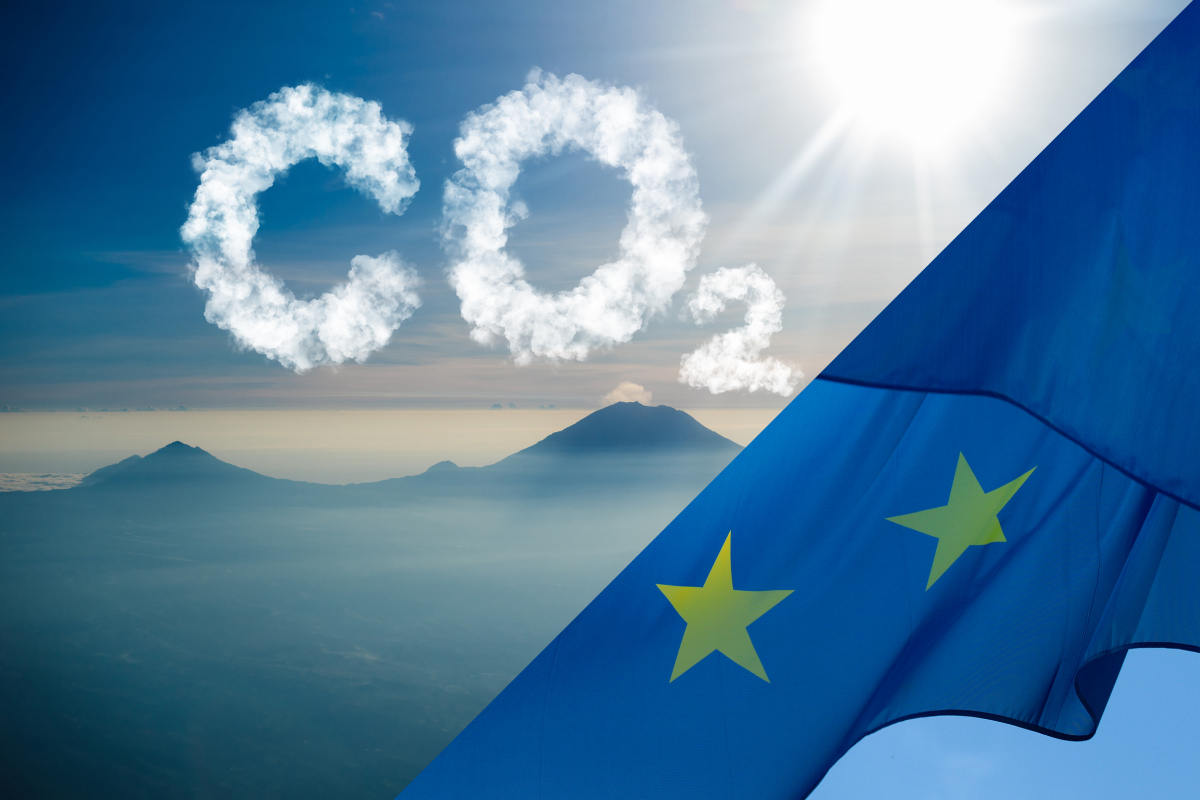
The coronavirus has caused an unprecedented global health and economic crisis. The energy sector, as a key actor, has been particularly affected by this crisis, but is also a key sector for the global response and recovery efforts.
Energy security continues to be an area of particular focus and the crisis has put a premium on the configuration of the electricity infrastructure, which supports the response to the coronavirus pandemic. It demonstrates the central role and importance of electricity, and what policymakers must do to ensure that current and future systems remain reliable even as they are transformed, as is happening in recent years with a focus on renewable technologies.
Energy security is a particularly important area and the crisis has revealed the configuration of the electricity infrastructure, which supports the response to the coronavirus pandemic. It demonstrates the central role and importance of electricity, and what policymakers must do to ensure that current and future systems remain reliable even as they are transformed, as is happening in recent years with a focus on renewable technologies.
Focusing on this last point, clean energy, the threat of climate change is not a crisis, although governments are trying to address solutions to this pandemic, they must not neglect the goals set at the last summit, COP25. What is clear is that renewable energies are not spared from the devastating effects of Covid 19. In fact, many of the investments in renewable energy projects will be affected, which will slow down a transition to a low-emission economy. Will the sector be immune?
In the Spanish context, with the Minister of Ecological Transition in charge, plans were underway. With the PNIEC, the Climate Change Act and the Just Transition Plans, in progress. But now everything has been shaken. However, as generators of a commodity, wind and solar power plants have not been shut down by the pandemic. But what about the ongoing projects?
First, let’s detail the situation before the virus: Investments in renewables were completely unleashed. In fact, intermediaries with no real projects behind them were speculating on the purchase of access and connection permits in the electricity system. Although Red Eléctrica had denied half of the projects, at the end of February it had already granted 110GW of wind power, but above all photovoltaic, more than three times the power installed at present.
But all of this has been threatened by the health crisis. An event that, among other things, has radically changed energy consumption. The growth of the renewable sector has slowed down in the last month, the financial contraction and the collapse of oil prices have meant that larger projects have had to be stopped. This has pushed spot prices below 20 euros/MWh (while the future benchmark resists above 40 euros/MWh), which in turn causes investment returns to stretch beyond 10 years. This is negative for the renewable sector versus traditional generation where infrastructure has already been amortized.

Figure: Historical and objective generation balance. Own elaboration: PNIEC data
However, the area most affected may be self-consumption. Since half of the projects have been carried out by the industry while the other half have been implemented by medium and small companies that are being most affected by the negative impact of the coronavirus.
UNEF (Unión Española Fotovoltaica) indicates that the solar photovoltaic generation plants that were in administrative procedures after the pandemic have been paralyzed. Will the projects be resumed after the virus? Probably not without government help.
If you want to bet on the recovery of self-consumption, the Government is going to have to encourage investment at least for the first year. Several associations agree on a reduction of VAT on investment in households, currently taxed at 21%. But it could also serve tax relief that allows the investment to be amortized more quickly. In the current situation, the computerization of administrative procedures, which prolongs the installation process, becomes even more important.
Half a year ago the IEA (International Energy Agency) predicted that 2020 would be a record year for the renewable sector, not only in Europe but also in China, the United States and India. However, after the virus the situation may change.
Governments in different countries are developing stimulus plans to reverse the economic damage of the coronavirus. These packages offer an excellent opportunity to ensure that the essential task of building a safe and sustainable energy future is not lost during the immediate set of priorities.
How the situation affects renewable energy will depend on the duration of containment and social distancing measures. But without government stimulus packages in response to the economic downturn, the crisis caused by the coronavirus could significantly alter its momentum.
If you found it interesting, please share it!
Recent Articles



